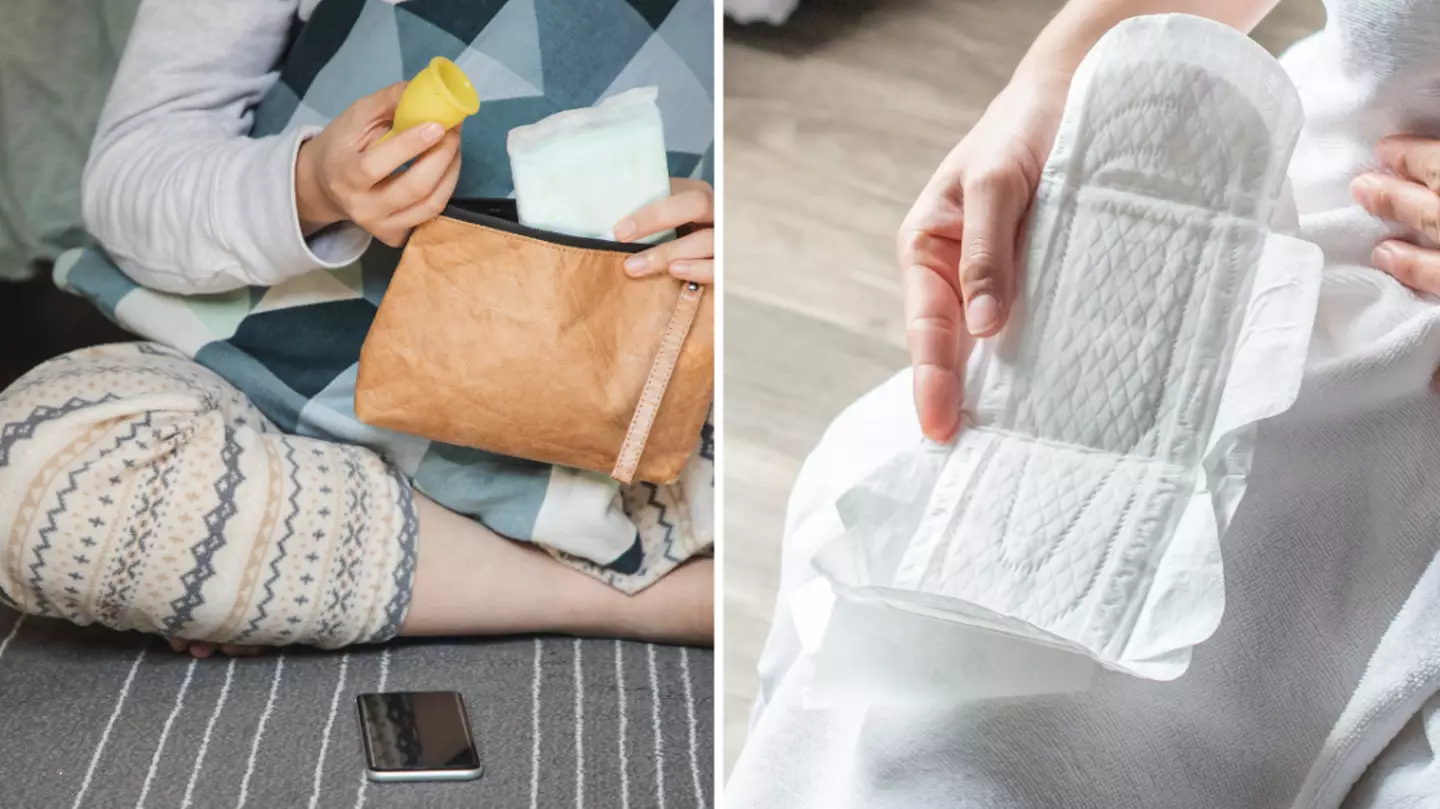
Free bleeding is fast becoming one of the most widely-discussed phenomenons on the internet, with swathes of Gen Zers trying it out for the very first time and embracing it openly.
Free bleeding is when a person who is menstruating does so without the use of a tampon, sanitary pad, menstrual cup or anything else designed to soak up their flow.
The carefree attitude to periods is ramping up in popularity since its emergence in popular culture in the 1970s, and the reasons are very interesting.
Some people opt to free bleed for the entirety of their period, while others choose to do so towards the end of their cycle, or just when they're at home.
Advert
People all over the internet are openly posting about their decisions to free bleed in a totally unapologetic way.
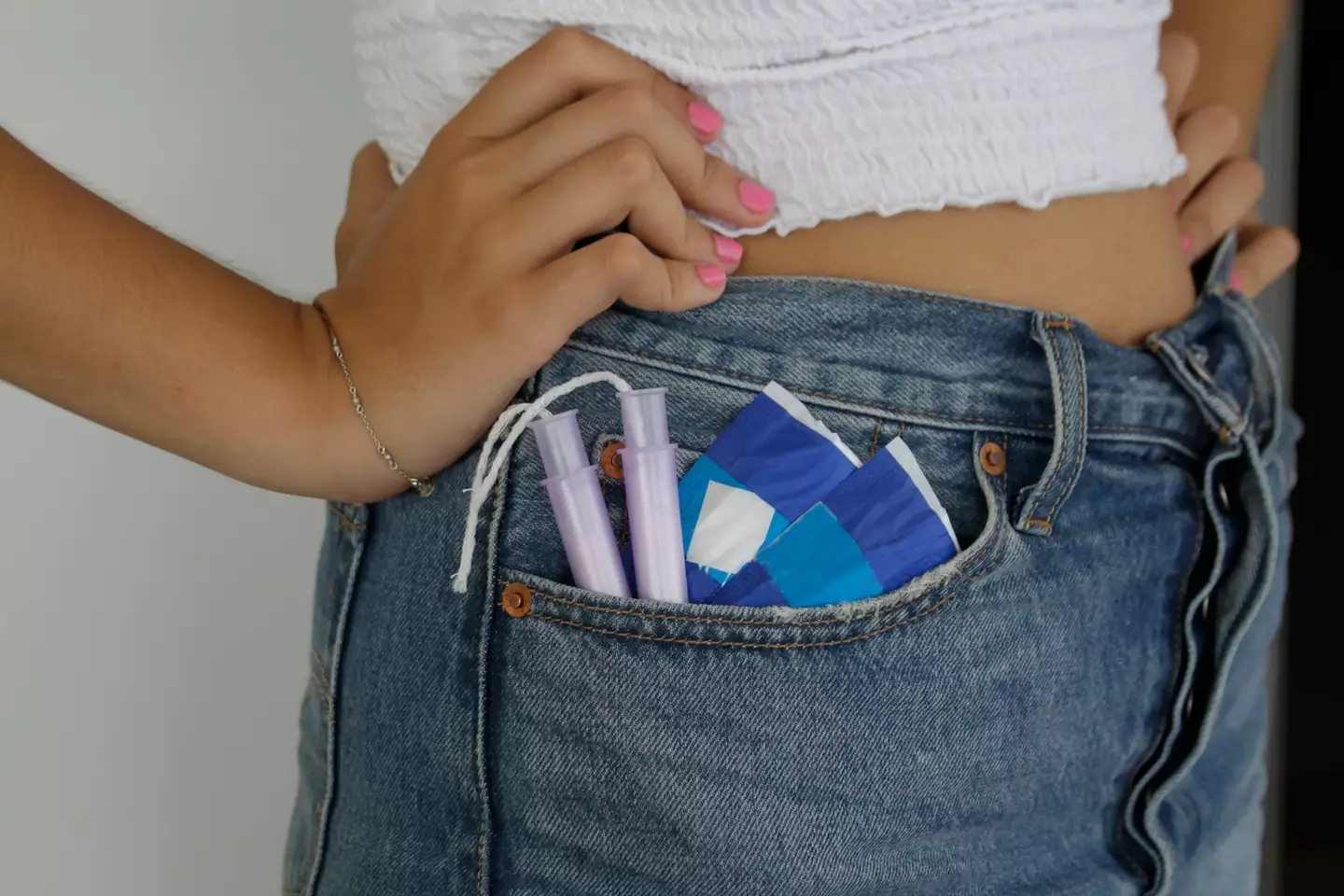
One person posted on X: "Free bleeding on day 4 bc I’m #done with this period."
Another said: "Some people think it's weird but I am one of those ppl who truly prefer free bleeding whenever possible."
It's understood that free bleeding became a popular movement in the seventies after the potential risks of toxic shock syndrome were emphasised.
Toxic shock syndrome is a rare but potentially fatal condition which is caused by an infection.
It can occur when using tampons, and is one of the major reasons why menstruating people are urged to change their tampon every eight hours at least.
One woman spoke to Tyla about her choice to free bleed due to that fear.
Saskia, 24, said: "I can't remember the exact age [that I started to free bleed] but I was late into my teen years - I found it more comfortable to sleep."
Saskia opts to free bleed in her own home.
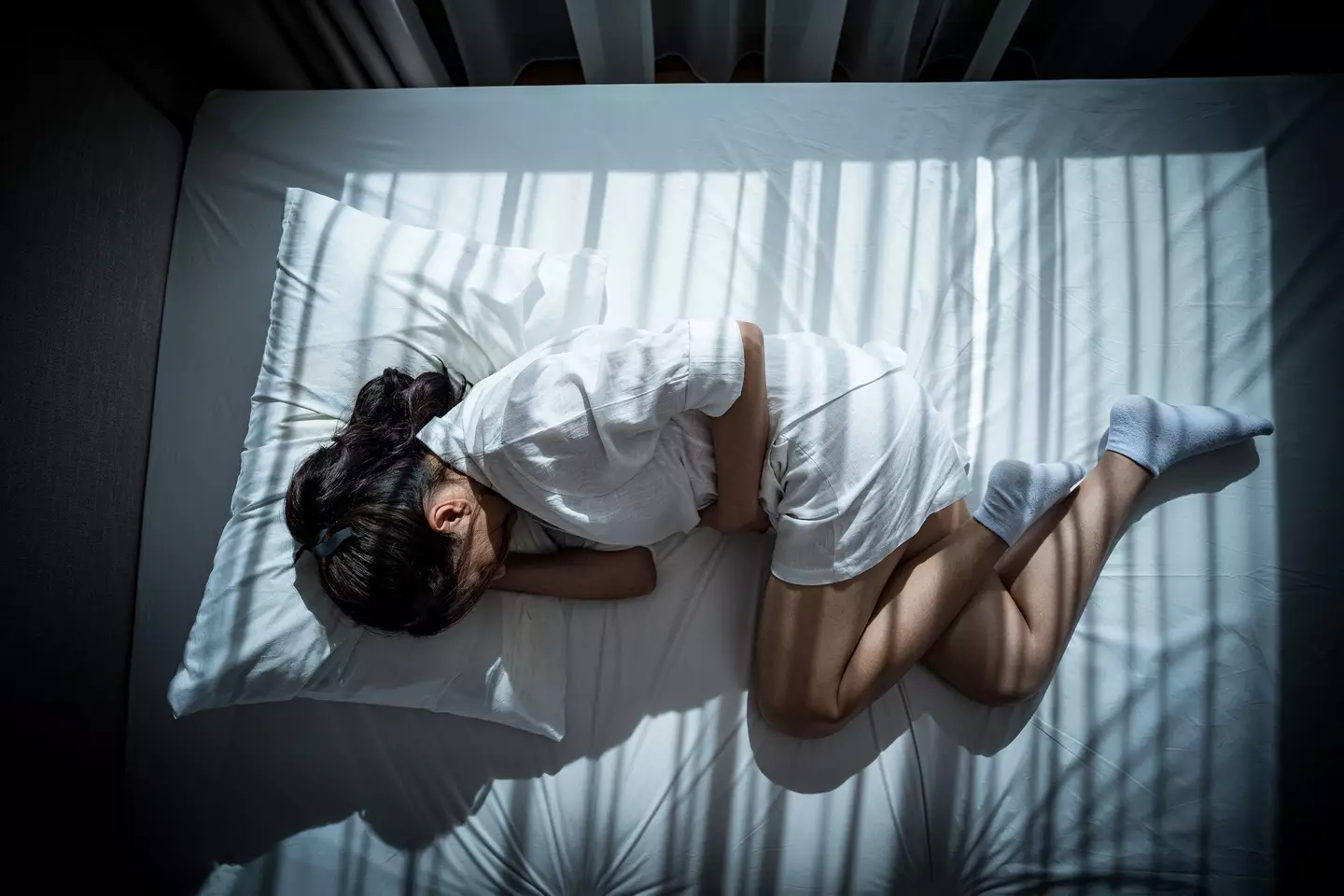
'I was scared to sleep in a tampon because of toxic shock syndrome'
She added that she chooses to free bleed there 'especially when sleeping'.
She explained: "I just put a towel on the bed. It makes me so much more comfortable."
When asked what led her to this decision, she responded: "I was scared to sleep in a tampon because of toxic shock syndrome," before adding: "And pads were always way too uncomfortable."
It's a common occurrence to hear that pads are too much of a fuss to use, and often lead to 'leaking', and tampons can be widely uncomfortable, too.
Both products are largely bad for the environment. The Stockholm Environmental Institute state: "Their lifecycle pollutes water bodies and landfills, leading to microplastics and other environmental and health hazards."
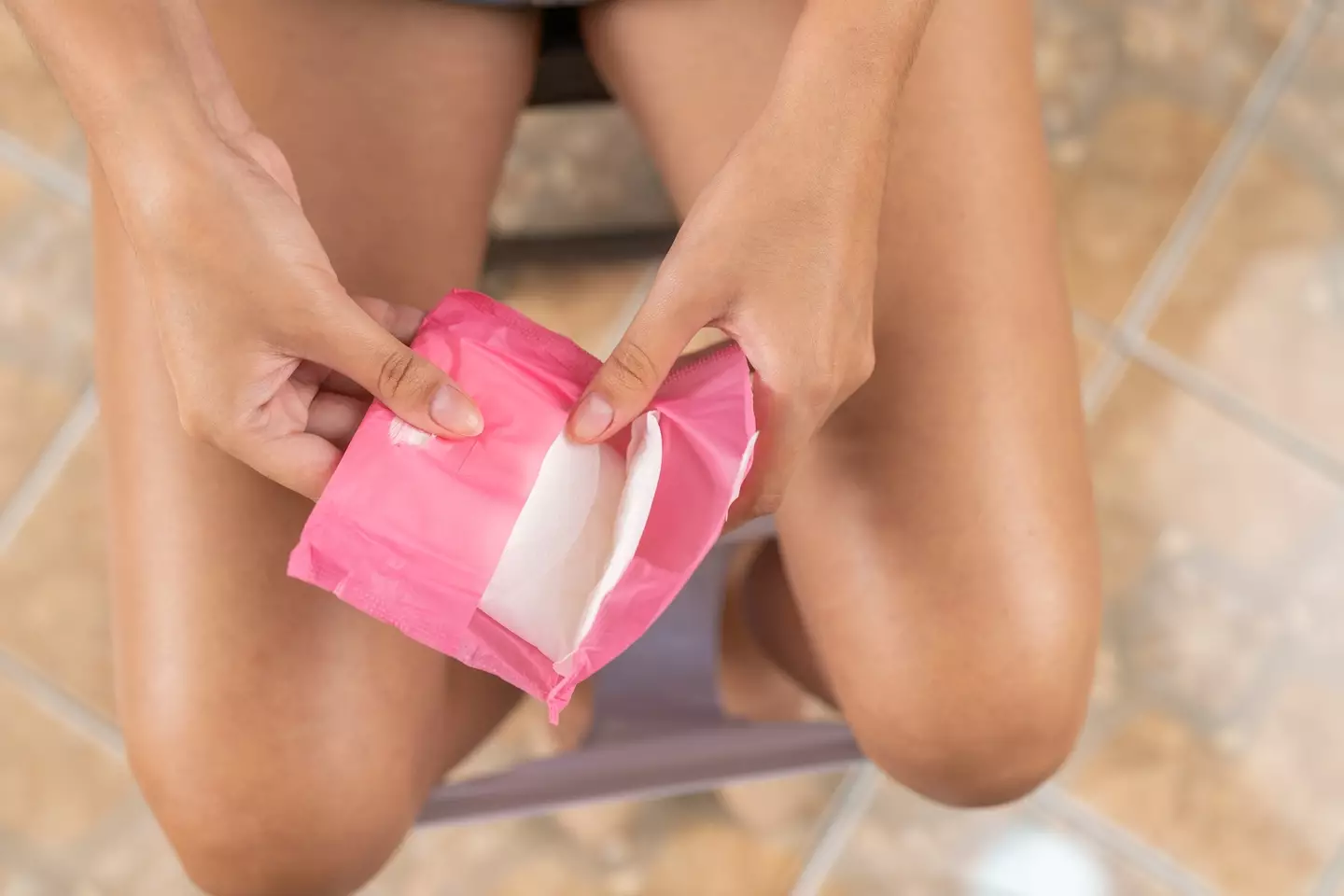
While others choose to free bleed for radical or political reasons - often as a means to rebel against patriarchal structures or resist period shame - others are clearly doing so for their wellbeing.
Some benefits of free bleeding are claims of eased cramps, and saving money, as well as less health anxiety.
One study found 'traces of lead, arsenic and potentially toxic chemicals' in some tampons.
While toxic shock syndrome is rare - it does happen and the stories are impossible to forget.
Lauren Wasser was only 24 years old when she fell victim to the disease in 2012.
'Is using a tampon really worth risking your life?'
She was found facedown and unresponsive in her home, having succumbed to a fever of almost 42 degrees.
She was then in a coma for a week - and upon waking, an infectious disease doctor then examined her to see if she had a tampon in. It turned out that she did, and Lauren was diagnosed with toxic shock syndrome.
As a result, Lauren's legs had turned black with gangrene and her right leg had to be amputated.
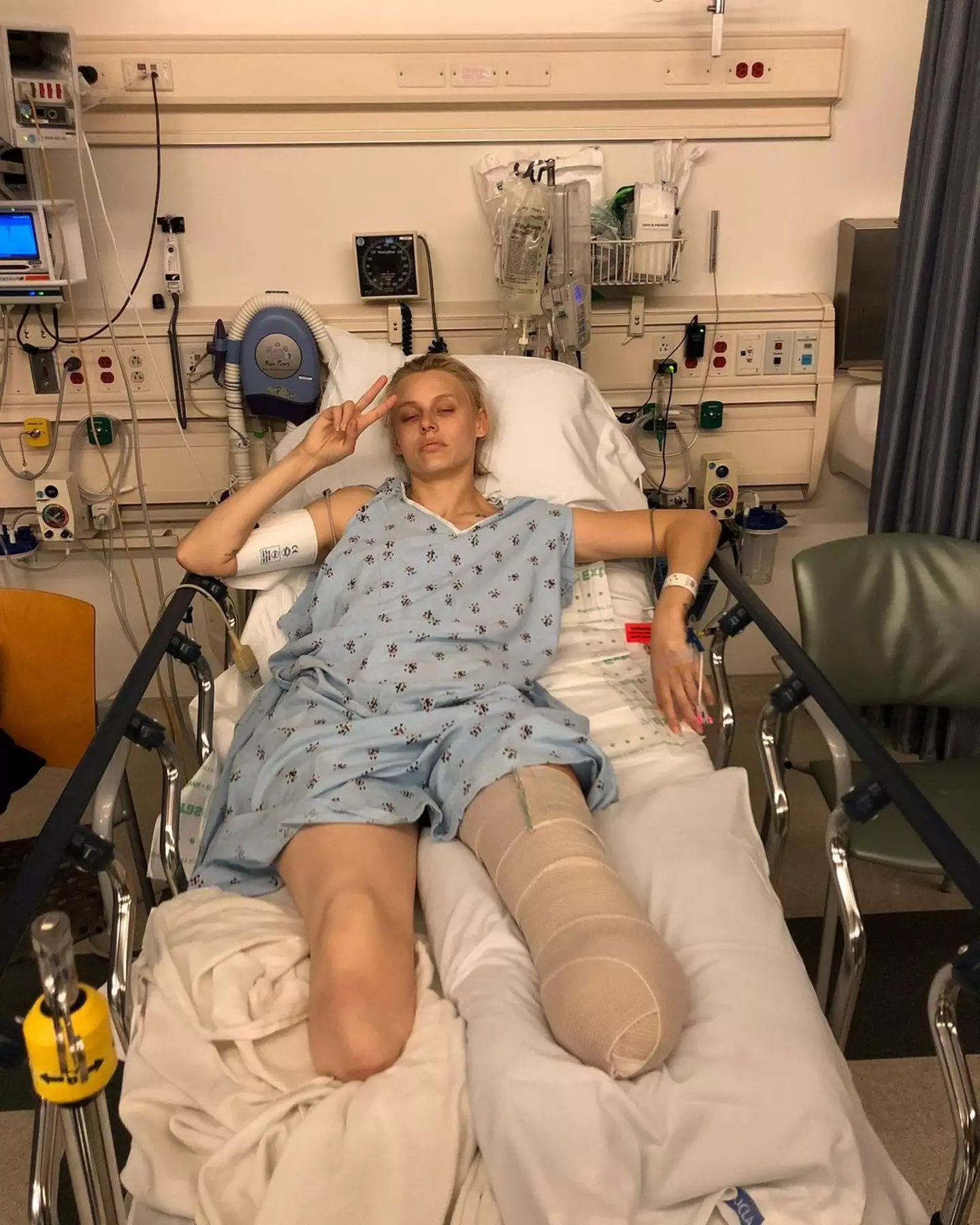
She then chose to amputate her left leg too due to how much pain she was in.
Of her ordeal as a result of tampon use, Lauren told Coveteur: "You see tampon commercials, and it never says a warning.
"How do you not warn women about the potential of the product that they may use? It’s a medical device.
"They should be promoting the fact that this is a serious thing and can actually kill you and endanger you, but they just make it seem like, ‘Oh, you want to go running, you want to go on the beach, you want to go swimming, these products will help you do that.’
"But is that really worth risking your life? No.”